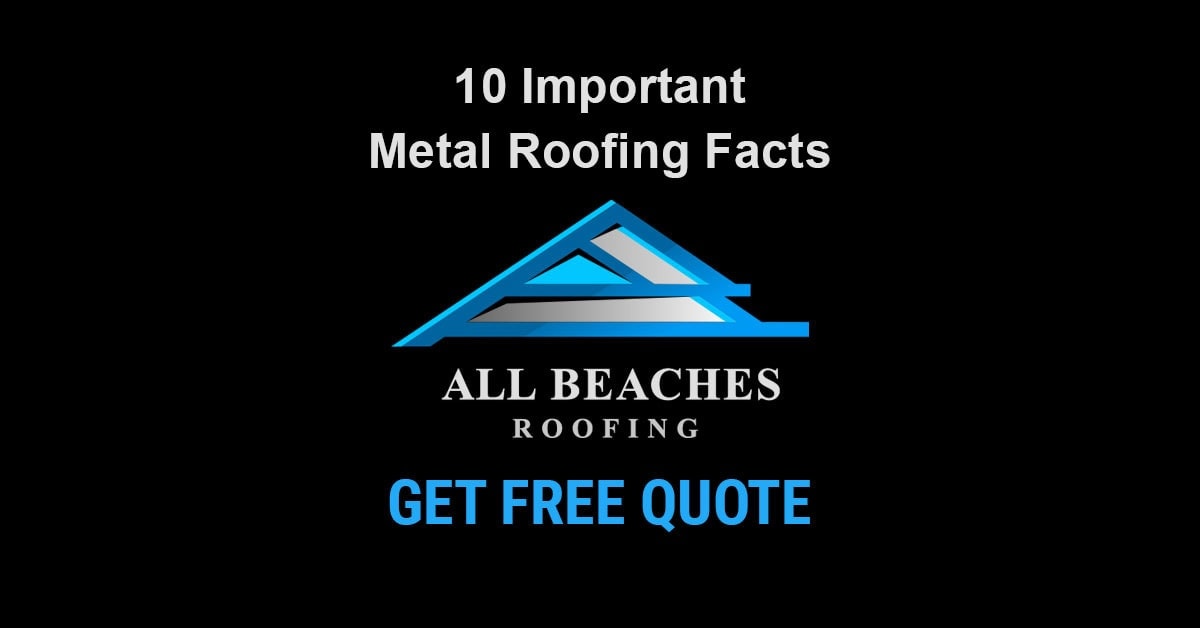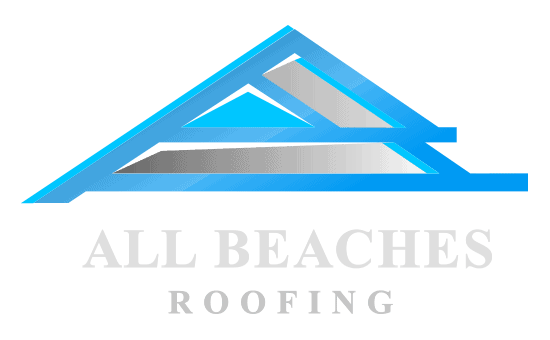
Why choose metal for your new roofing installation in Sydney and Northern Beaches?
If you are building a new house or you want to change the roof at your old one, you might wonder what type of cover to choose. Choosing the right roofing material will protect your home from the elements, increase structural strength, and add value to the property. In addition, it’s a pretty expensive enterprise, so you need to get it right.
We are here to help you, presenting the pros and cons for metal roofing.
Metal roofs are the most used type of roof cover used in Australia at present, so something must be right about it. And, indeed, there are many advantages with a metal roof, but there are also things that you need to take into consideration. At the end of the day, it’s a matter of taste, opportunity and budget.
Contact us today for a free quotation on metal roofing installations in Northern Beaches.

Benefits of Metal Roofing
Long life: a metal roof has an average life between 20-50 years. With a higher quality metal roof, it means that you might do this just once in your lifetime, if installed properly.
Durability: metal roofs are extremely appreciated for their sturdiness against the elements. We talk about:
- Resistance to corrosion. Modern metal roofing materials are highly resistant against corrosion thanks to the incorporation of zinc, aluminium or galvanised coatings. They also don’t develop cracks like other types of covers (clay tiles, concrete tiles).
- Protection against weather extremes, including torrential rainfall, high winds (some metal roofs up to 225 kmph), hail damage, and heavy snow loads.
- Fire resistance. A metal roof provides excellent fire retardant properties against fire hazards, being classified as the highest fire-resistance rating for roofs.
- Protection against insects. They won’t be able to get through to your wood structure.
Lightweight: metal roofs are 5-10 times lighter than tiles. Their weight varies between 5-10 kg/sqm, compared to 57 kg/sqm (terracotta tiles) or 53 kg/sqm (concrete tiles). This means much less weight supported by your roof structure, which means that your house can do with less engineering and less structural work, leading ultimately to cost savings.
Wide range of models and colours: you can choose between tens of models, either glossy or matte, including detailed replications of traditional slate, tile and wood shake roofs. This freedom of choice can improve the appearance of your house a lot, increasing its value.
Easy and fast installation: 100 sqm of metal roof can be installed even in one day by an experienced contractor.
Low maintenance costs: most metal installations need little upkeep, as they don’t break or crumble or discolour over time. This means much less frequent repairs, so less hassle and unnecessary costs.
Energy efficiency & sustainability: metal roofs are100% recyclable, making them a sustainable choice. They are also energy efficient, as modern coatings and paint systems allow for roof colours that reflect solar heat, providing a comfortable environment and cost savings with cooling the rooms.
To consider
Noise: this is the main concern of many when thinking to buy a metal roof. Rain or hail falling on the roof can make noise, but with the modern coatings we have now and if insulation is done properly, with good materials and a deadpan space between the insulation and the metal sheet, this apparent problem is practically solved at present.
Initial Installation Cost: installing a metal roof might be more expensive than installing asphalt shingles, but its lifespan is considerably longer. This is an important fact to remember when evaluating the return on your investment.
Proximity to salt water: while a metal roof is usually non-corrosive, that being one of its advantages, it is not immune to rust. If you intend to install a metal roof near seawater, take additional precautions and read the manufacturer’s warranty to be sure that you are in compliance with the warranty specifications. Salt water and salt fog are more corrosive than freshwater and normal fog, therefore it’s usually recommended to not use metal roofing within 500 metres of saltwater (most warranties will specify a distance that is safe).
We hope that this information helped you make up your mind, but if not, contact one of our roofing professionals in Sydney for a comprehensive assessment of your specific situation and a comparison between the various types of roofing. We are here to help!
